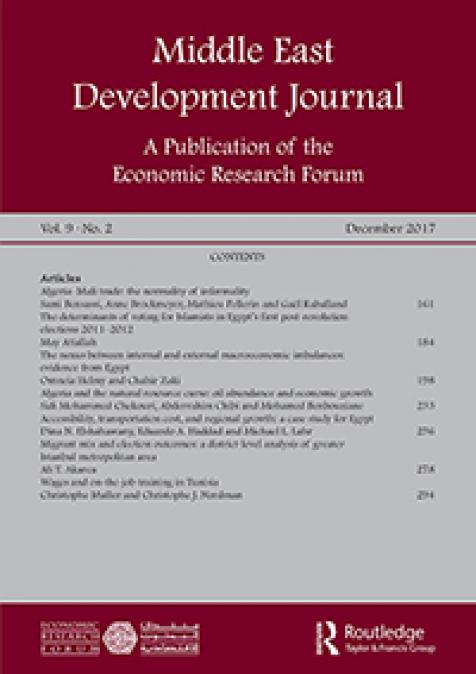Interview with Ugo Panizza, Graduate Institute (IHEID) of Geneva, on Dept Sustainability in Africa
October 11, 2019
Questions : 1/ What are the adequate investments that should be financed by debt and why? 2/ What are the best ways to maintain debt sustainability? 3/ Does China represent a risk for the future of debt sustainability in Sub-Sahran Africa ?
Speakers

Ugo Panizza
Professor of International Economics at the Graduate Institute Geneva (IHEID) and Director of the Institute’s Centre for Finance and Development
Ugo Panizza is Professor of International Economics at the Graduate Institute Geneva (IHEID) and Director of the Institute’s Centre for Finance and Development. Ugo Panizza has been a Visiting Professor at the Institute since 2008, a position he held in addition to being the Chief of the Debt and Finance Analysis Unit at the United Nations Conference on Trade and Development. He is the Director of the Center for Finance and Development, Director of the International Centre for Monetary and Banking Studies (ICMB), Vice President and Fellow of CEPR, Fellow of the Fondazione Einaudi, and Editor of International Development Policy.
Previously, he worked at the Inter-American Development Bank and the World Bank, alongside holding teaching and research posts at the American Univers ...











